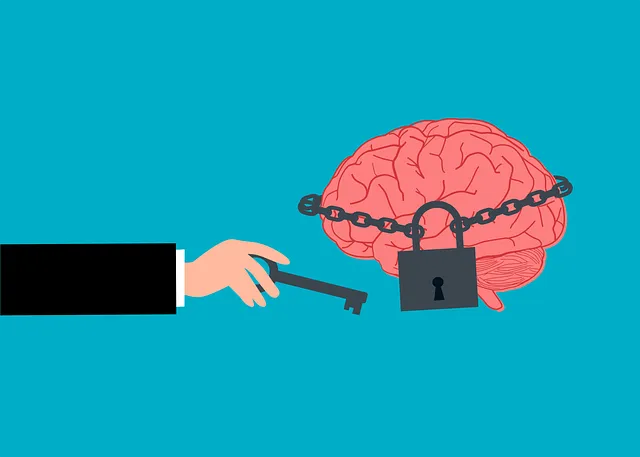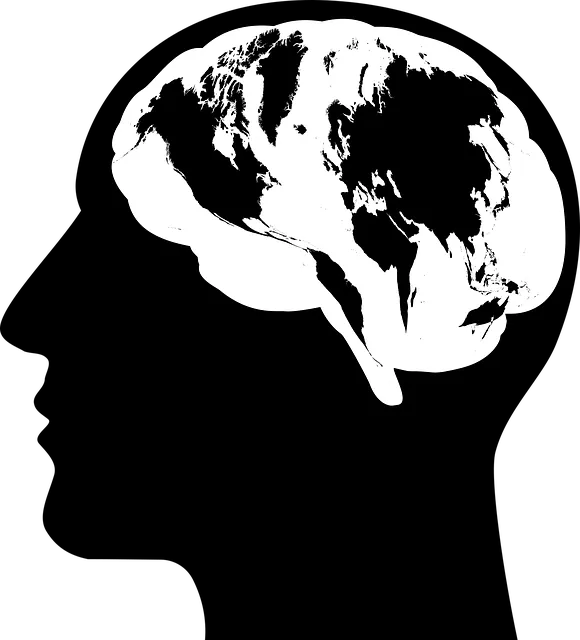In a world grappling with stress, anxiety, and burnout, Golden Kaiser Permanente (GKP) steps up with revolutionary self-assessment tools for emotional well-being. Their holistic approach, aiming to reduce the stigma around mental illness, empowers individuals to take charge of their mental health early on. By combining validated questionnaires, empathy-building strategies, and tailored support, GKP's framework fosters resilience and personal growth. Regular updates, innovative techniques, and user feedback ensure these tools remain cutting-edge, enabling sensitive self-assessments for diverse populations while upholding strict ethical standards in Golden Kaiser Permanente mental health services.
In today’s fast-paced world, mental wellness is a cornerstone of overall well-being. Recognizing the growing need for comprehensive self-assessment tools, this article explores the development of effective mental wellness assessments inspired by the innovative Golden Kaiser Permanente Mental Health Framework. We’ll delve into key components, techniques, and implementation strategies, highlighting how these tools can foster holistic mental health support. By understanding and addressing individual needs, we can revolutionize mental wellness assessment and care, mirroring the comprehensive approach set forth by Kaiser Permanente.
- Understanding the Need for Comprehensive Mental Wellness Self-Assessment Tools
- The Golden Kaiser Permanente Mental Health Framework: A Holistic Approach
- Developing Effective Self-Assessment Tools: Key Components and Techniques
- Implementation and Continuous Improvement for Optimal Mental Wellness Support
Understanding the Need for Comprehensive Mental Wellness Self-Assessment Tools

In today’s fast-paced world, mental wellness is just as crucial as physical health, yet many individuals struggle to access effective self-assessment tools for their emotional well-being. Traditional healthcare systems, like the Golden Kaiser Permanente mental health services, have recognized this gap and are increasingly focusing on developing comprehensive solutions. The need for advanced self-assessment tools arises from the complexity of modern life, where stress, anxiety, and burnout are prevalent. These tools aim to empower individuals to take charge of their emotional healing processes by providing accurate insights into their mental state.
By offering easy-to-use resources, these assessments can facilitate better understanding of one’s Emotional Regulation capabilities, allowing for timely intervention and support. This is particularly important in preventing the onset of burnout, a common issue in today’s high-pressure environments. With the right self-assessment, folks can navigate their emotional landscapes more effectively, fostering resilience and overall mental wellness.
The Golden Kaiser Permanente Mental Health Framework: A Holistic Approach

The Golden Kaiser Permanente Mental Health Framework offers a comprehensive and holistic approach to mental wellness assessment, addressing multiple aspects of an individual’s psychological and emotional well-being. This framework is designed to challenge the traditional, often isolated, views of mental health issues by emphasizing interconnected factors such as social support, lifestyle choices, and cultural context. By taking this holistic perspective, it aims to reduce the mental illness stigma that can prevent people from seeking help early on.
This innovative model incorporates not only standard risk assessment tools for mental health professionals but also integrates compassion cultivation practices, fostering a nurturing environment that encourages open dialogue. Such an inclusive strategy ensures that individuals facing various challenges—from anxiety and depression to more severe conditions—receive tailored support. This approach promises transformative mental health stigma reduction efforts, empowering individuals to take control of their well-being in a compassionate and understanding space.
Developing Effective Self-Assessment Tools: Key Components and Techniques

Developing effective self-assessment tools for mental wellness requires a multifaceted approach that incorporates key components and techniques to accurately gauge an individual’s emotional, psychological, and social well-being. These tools should be designed to foster introspection, encourage honest self-reflection, and provide actionable insights. One essential component is the inclusion of validated questionnaires and scales that assess symptoms of common mental health disorders, such as anxiety, depression, and stress. These assessments must be adapted for different populations, considering cultural competency and sensitivity to ensure accurate results, especially in diverse communities like those served by Kaiser Permanente.
Moreover, self-assessment tools should go beyond symptom identification by integrating empathy-building strategies and promoting inner strength development. Incorporating open-ended questions that encourage individuals to articulate their feelings, challenges, and coping mechanisms can enhance therapeutic alliances and facilitate personalized care plans. Healthcare provider cultural competency training can play a pivotal role in this process, enabling professionals to guide patients through self-assessments with sensitivity, ensuring that the tools are inclusive and accessible to all.
Implementation and Continuous Improvement for Optimal Mental Wellness Support

The development of mental wellness self-assessment tools is an ongoing process, mirroring the dynamic nature of human emotions and psychological needs. For organizations like Golden Kaiser Permanente, continuous improvement is key to offering optimal mental health support. Regularly updating assessment criteria and algorithms based on cutting-edge research ensures the tools remain effective and relevant in addressing emerging mental illness trends. This iterative approach allows for the integration of innovative therapeutic techniques and a better understanding of diverse population needs.
By prioritizing user feedback and leveraging data analytics, mental health professionals can refine these tools to enhance diagnostic accuracy and personalize treatment recommendations. Moreover, such continuous improvement efforts play a pivotal role in Mental Illness Stigma Reduction Efforts by promoting early intervention and fostering more inclusive healthcare environments. Additionally, robust Risk Management Planning becomes integral, ensuring the safe and ethical deployment of these tools while upholding the highest standards of patient care, much like Golden Kaiser Permanente’s commitment to its community.
The development of comprehensive mental wellness self-assessment tools is a crucial step towards empowering individuals to take charge of their mental health. By adopting a holistic approach, such as the Golden Kaiser Permanente Mental Health Framework, we can ensure these tools address various aspects of an individual’s well-being. Implementation and continuous improvement are key; regular updates and diverse delivery methods will enable us to provide optimal mental wellness support, catering to the unique needs of all users.






